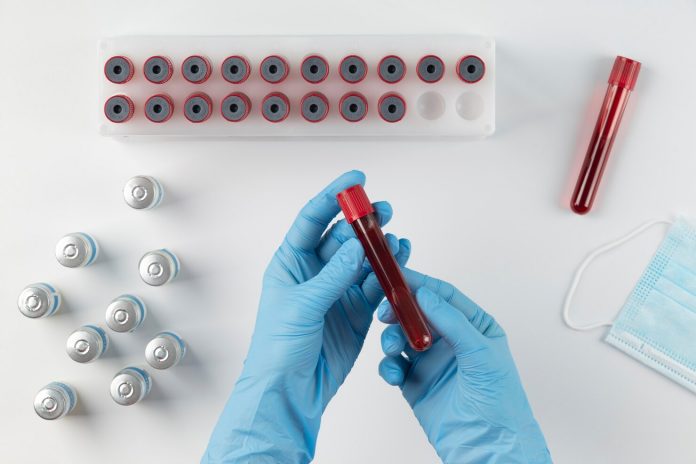Under current rules, men who have recently had sex with men are not allowed to donate blood because of the risk of HIV transmission. The FDA plans to change these rules to allow more gay and bisexual men to donate blood.
Due to concerns about HIV transmission, a complete prohibition was implemented in America in the 1980s. Gay and bisexual males, who did not have sex with other men in the previous year, were allowed to donate blood from 2015 until the acute blood shortages caused by the Covid-19 pandemic in 2020; after that, the period was shortened to three months. FDA is now proposing that potential donors complete a questionnaire with information on their sexual activity and other risk factors, in order to allow donations from those who have had the same partner in the past three months.
In a statement the agency said it “will likely support a policy transition to individual risk-based donor screening questions for reducing the risk of HIV transmission.”
“The FDA remains committed to gathering the scientific data related to alternative donor deferral policies that maintain a high level of blood safety. We anticipate issuing updated draft guidance in the coming months.”
According to The Wall Street Journal, the FDA funded a study of roughly 1,600 homosexual and bisexual males who answered a series of questions about their recent risk behaviors, such as whether they had new sexual partners or took pre-exposure prophylaxis medicines, known as PrEP, that reduce the chance of HIV infection.
“We have a strong data set,” Dr. Brian Custer, lead investigator of the study, told the outlet. “I really am confident that we have important information for the F.D.A. to be able to consider what an individual, risk-based approach to donor selection might look like.”
The American Red Cross said the study was meant “to make blood donation a more inclusive process while maintaining the safety of the blood supply…While we have not been notified by the F.D.A. concerning policy changes at this time, the Red Cross looks forward to a future in which donation eligibility is not based on sexual orientation, and more healthy individuals can give blood to help patients in need.”
The current blood shortage is monitored daily by America’s Blood Centers, which said Wednesday that about 25% of community blood centers in the United States have a blood supply of one day or less.
Source: nytimes.com










